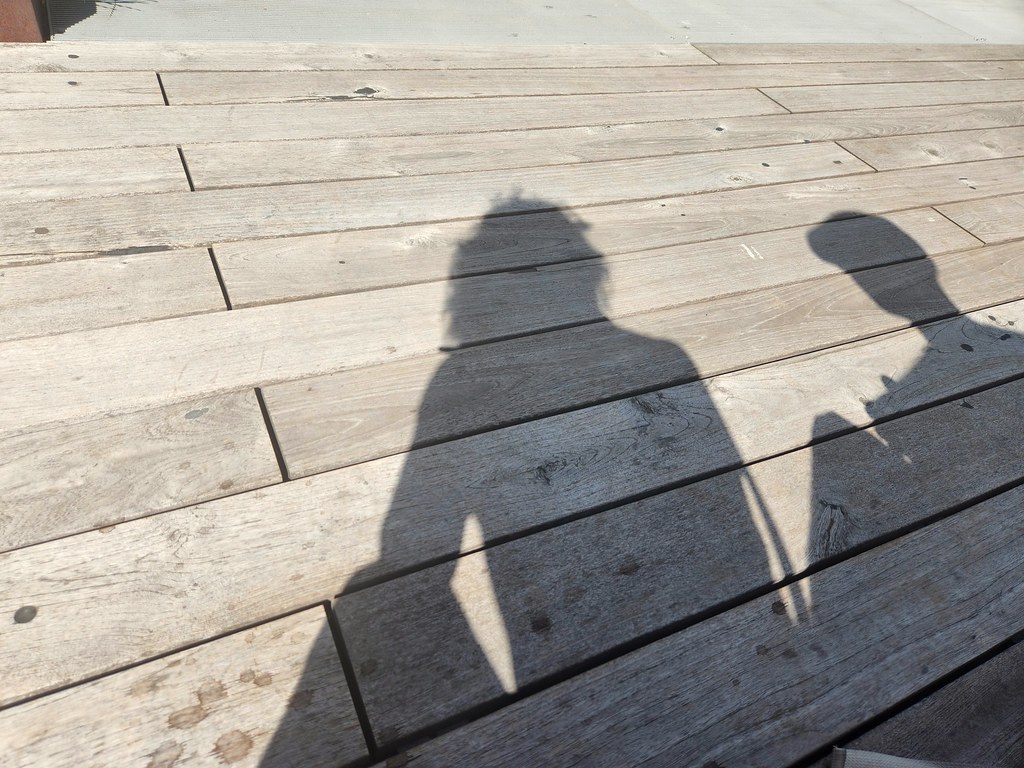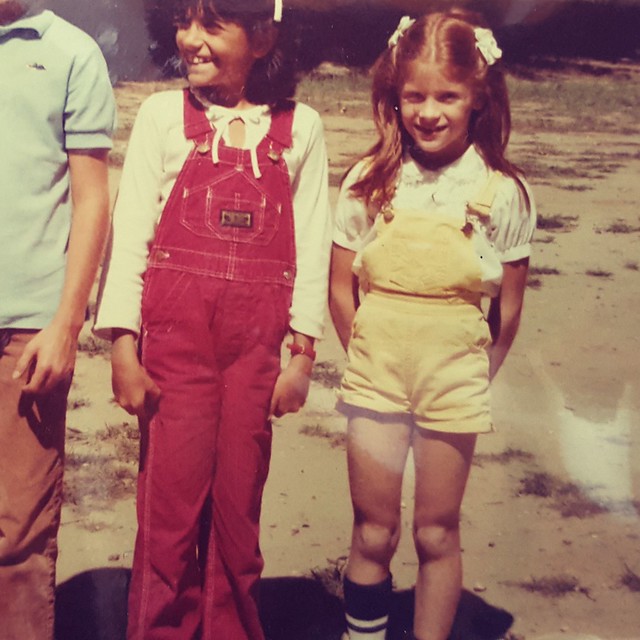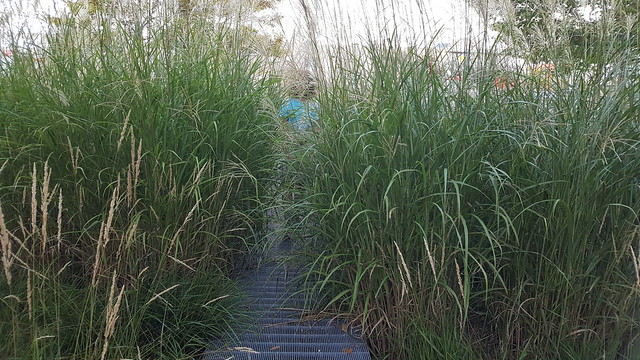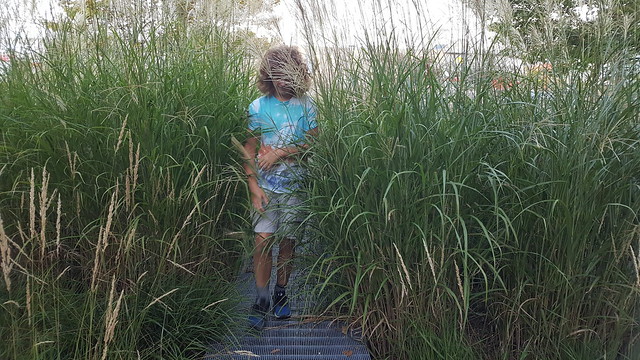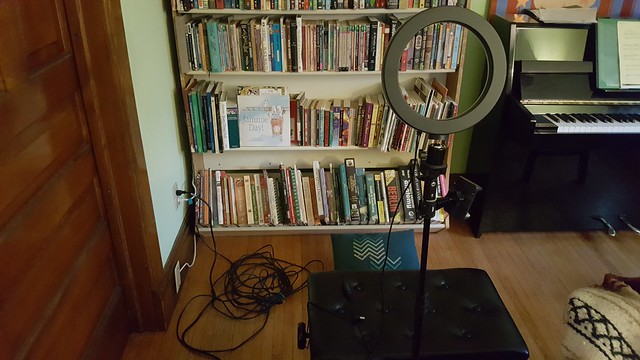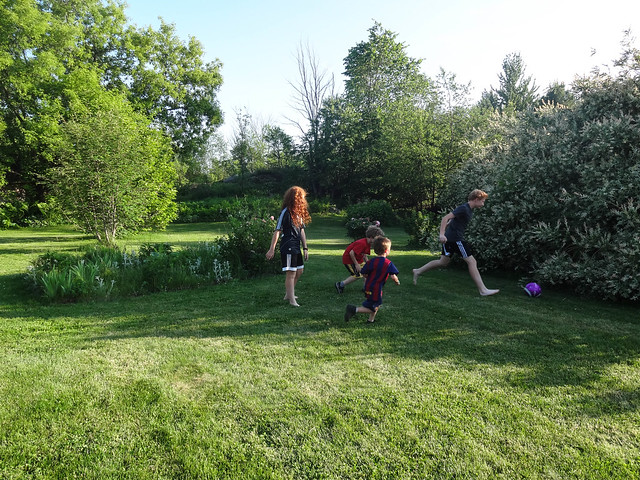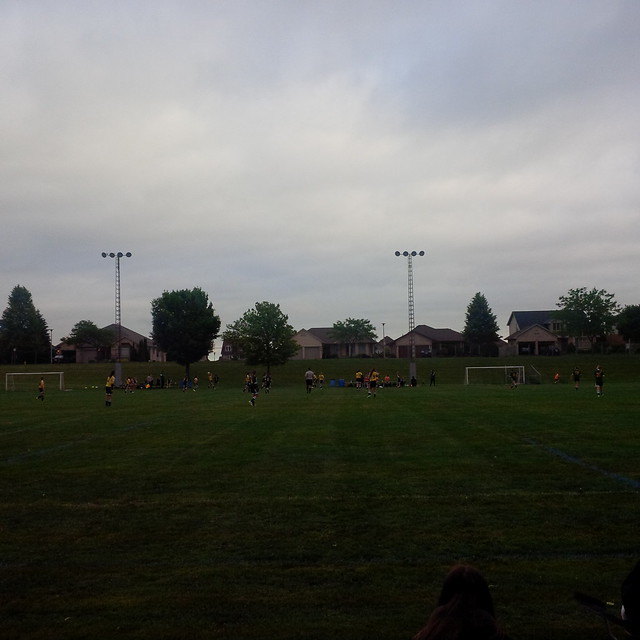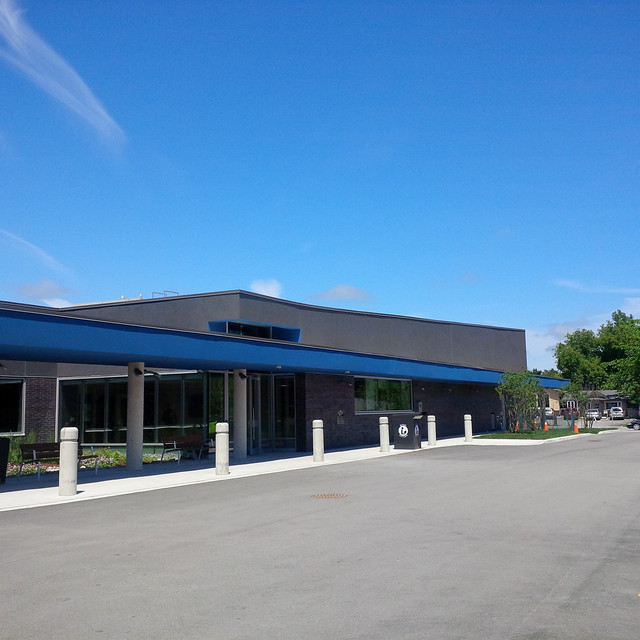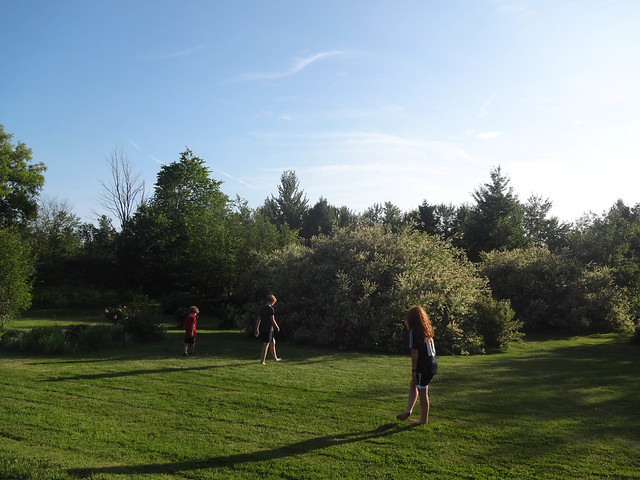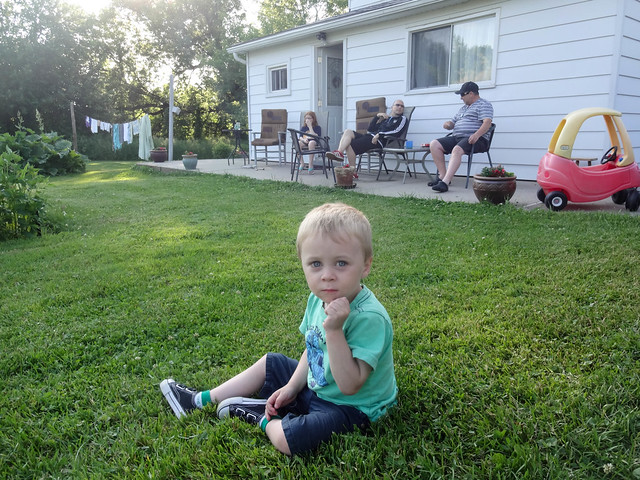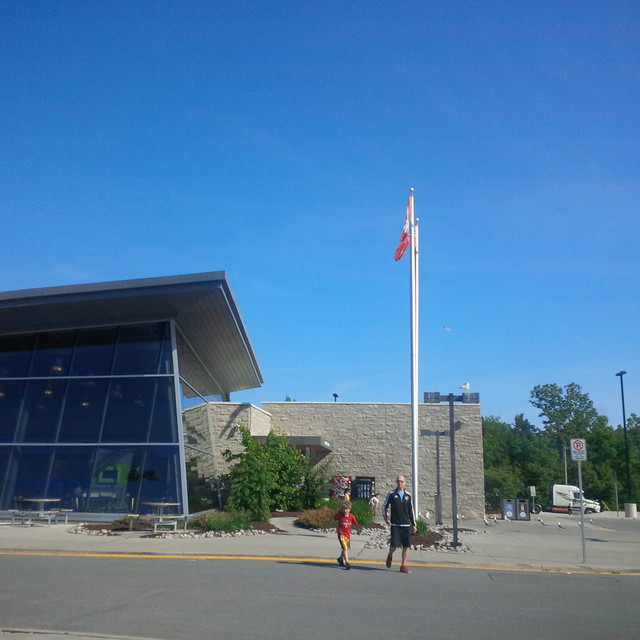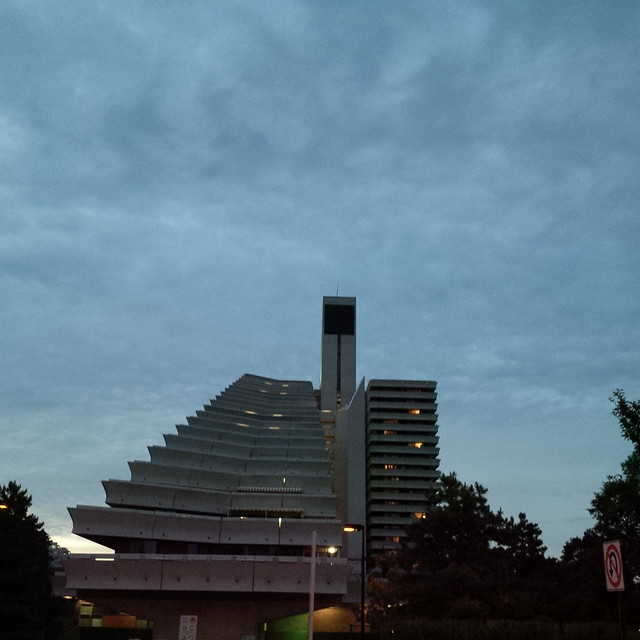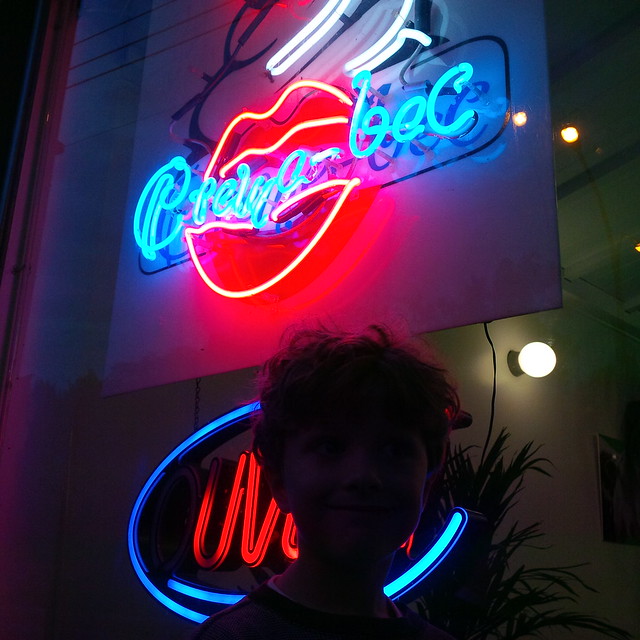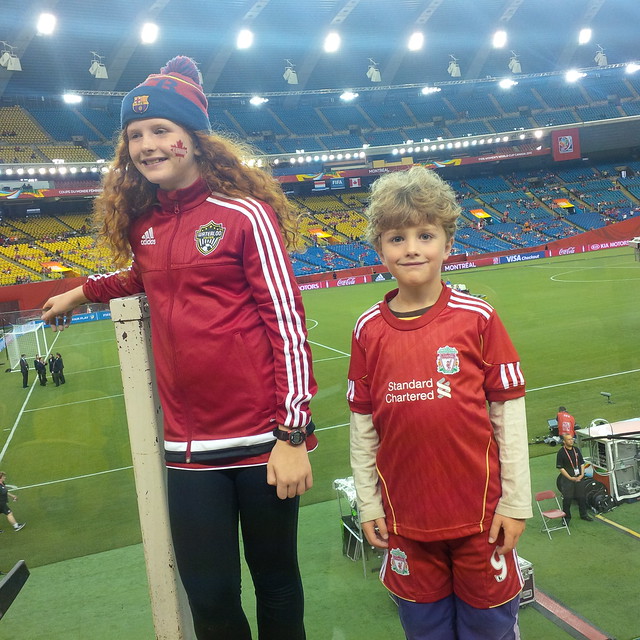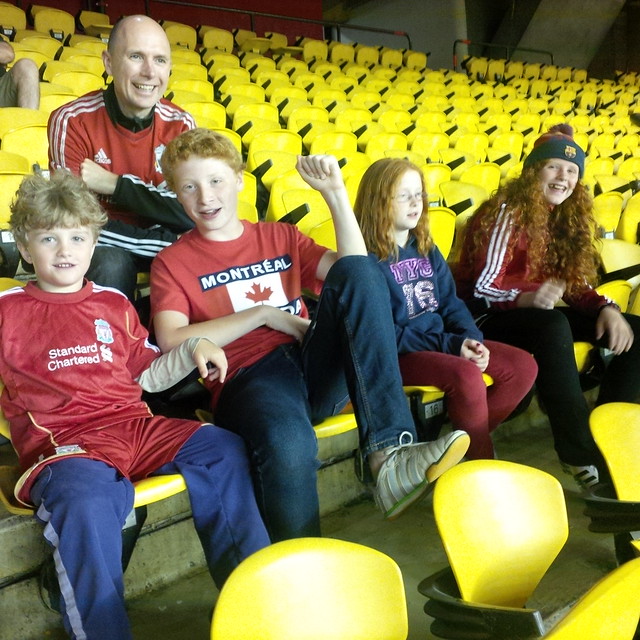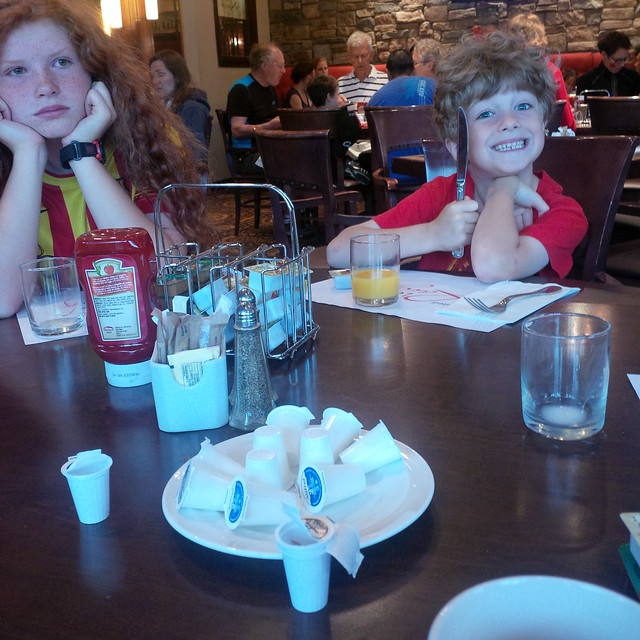Category: Interviews
Tuesday, Jul 16, 2024 | Confessions, Current events, Interviews, Peace, Play, Source, Space, Spirit, Summer, Writing |

Who were you, just over four years? Who were you, before the pandemic (those blank months/years of stasis we none of wish to recall and scarcely can)? This morning, I found some writing and drawing published on my blog from March 2020, immediately after we were sent home to wait out the pandemic. Immediately after everything stopped.
I had been running so hard, working so hard, treading water but barely. Coping, but worn thin.
And suddenly all of my responsibilities, save for the ones contained and held inside my house, were suspended. I was no longer a soccer coach. I was not leading a storytelling workshop. I wasn’t driving children to lessons and practices, nor was I going to the gym in the early morning to work out.
I was home with my family, cooking, baking, cleaning and disinfecting, mainlining the news, but also—I remember this—writing. Writing was my solace and comfort, my escape.
And reading over these reflections now, in my post-pandemic, post-artist life, I find a welcome rebuttal to my current strain of cynicism and doubt regarding the usefulness of writing. Personal passion project, I wrote of my devotion to fictional characters in my previous post here (just yesterday), as if in scorn. Without irony, this morning, I chose to pick up a pen and draw and write, in the lined pages of my notebook: “Now, I enter my listening era. I seem to have the lost the desire to watch fireflies in the back yard and make meaning of them—or to describe their pop of light, brief luminescence, in other terms. I watch them. My heart slows.”
In other words, I wrote about those fireflies.

Maybe I don’t always need writing (watching the fireflies last night, I didn’t think that I did), or maybe I won’t need it in every era of my life, but by God, writing has been a balm. Let me pledge to honour my impulse to write, when it arrives, which it will, which is does.
Here are some beautiful words I found in that post from March 21, 2020.
“The sound of my pen scratching—too fast, sloppily—across the page. I’ve only just noticed that I grip it as near to the tip, the nib, as is possible. I only just see it—my pen—as an instrument that I am playing, an extension of my body encircled by five tips of fingers and thumb, each with a half-moon circle of curved, opaque nail. There are no straight lines on my hand. The pen is straight and hard and useful to me, it is made for this task and nothing more; but I am made for bending, praying, curling, holding, I am made for giving way. I am made for praise. For contorting myself anew.
I am made for change and ever-change, evermore, now, as before.”
I am made for praise.
I am made for contorting myself anew.
I am not the same person that I was four years ago: I’d just won a major grant in support of writing Francie’s Got a Gun; I had confidence in my writing that seems to have diminished; I can recognize this change, but not fully explain it. I suspect that without the pandemic to interrupt my whirlwind of activities, I would have rolled onward. It would not have occurred to me to get a job in an elementary school.
I don’t want to lose touch with that self who wrote those words: I am made for praise.
Because we all are, aren’t we? And there are many ways to offer praise. Sitting in the near-dark watching the fireflies, just watching, sometimes that’s fully enough. And sometimes it’s not—and that’s when the impulse to write, to record, to transform, to imbue, to capture, to contort, to burnish, to imagine pushes its way to the surface and I pick up a pen, this instrument, and let my hand play music that seems to come directly from the universe; a universal impulse to make and re-make anew.
xo, Carrie
PS My career—such as it is!—is featured in a post today on Conrad Grebel University College’s website (where I lived during my first year as undergrad), one of 60 alumni featured in honour of Grebel’s 60th anniversary.
Wednesday, Aug 16, 2023 | Adventure, Big Thoughts, Books, Confessions, Francie's Got A Gun, Friends, Fun, Green Dreams, Interviews, Meditation, Peace, Publicity, Source, Spirit, Summer, Work, Writing, Yoga |

Yesterday, whilst braving the mall in search of nice jeans for work (you have to try on jeans, you cannot order them online), I stopped by the Indigo bookstore and signed new paperback copies of Francie’s Got a Gun. And then this morning, I biked down to the CBC-KW studio for a live interview on our local morning radio show. It was fun; in fact, both experiences felt easier and lighter than promotional work has in the past.
Biking home, I was bursting with gratitude. Gratitude to all my wise counsellors, therapists (official and otherwise) and friends. Gratitude to an ongoing meditation and movement practice that reminds me to breathe and be inside my body. I would not wish to suggest that I am content with my life all of the time. But I am ever more at peace with what I can and cannot give and receive from being a writer. Let my writing be ever more integrated into the fullness of the ordinary; integrated, not elevated. Integrated and enjoyed and appreciated.
Getting to be alive, to breathe and move and help and hug and hold and care and learn and grow and fall and be held—what I hope for is the chance to say THANK YOU for all of this through writing; but there are other ways to say thank you, too, which I’m getting to know and appreciate all the more, through every day ordinary experiences. “Ordinary Wonder Tales,” as per the title of my friend Emily Urquhart’s wonder-filled book of folklore mingled with memoir.

My sense of purpose and gratitude is activated through my job-job, and elsewhere in other points of connection, the little confluences and bumps and unexpected interactions that come along the way, especially as I’ve been willing to be in the world. Listening. Asking questions. Acts of service and kindness. Kindness to myself radiating outward. Paying attention. Solving small problems. Lowering the bar. Prayer. “Joy snacks.” Presence.
Caring.
I know caring isn’t super-cool. But when have I ever been cool?? (If you want to feel very old and very not-cool, go to the mall, go into a store selling jeans, and try on a bunch while asking for sizing advice from a genuinely kind young man who is approximately the age of your own children, and you will actively achieve humility.) In any case … the truth is that I really do care about the people I’m with and the energy I exude.

And I’m thankful, heart-deep, for the wonders of getting to be alive in this broken, challenged, grieving, complicated and beautiful world. I’m in awe of what we get to do here on planet earth, in the little scrap of time we’re given. It’s kind of amazing, isn’t it?
xo, Carrie
Sunday, Jun 12, 2022 | Books, Francie's Got A Gun, Friends, Fun, Interviews, Organizing, Party, Publicity, Publishing, Readings, Summer, Work, Writing |
 This is an early save-the-date notification for the upcoming launch party for Francie’s Got a Gun, which is being planned to coincide with the pub date, even though that happens to fall on a Tuesday in July.
This is an early save-the-date notification for the upcoming launch party for Francie’s Got a Gun, which is being planned to coincide with the pub date, even though that happens to fall on a Tuesday in July.
July 26th to be precise.
Mark your calendar! Do it now!
Please come to the brand-new Eastside branch of the Waterloo Public Library at RIM Park, on Tuesday, July 26th, 7-8PM. We are planning a celebratory event, including a conversation between me and my dear writing friends, Tasneem and Emily, who have shared the ups and downs of this ongoing adventure that is the writing life for the past number of years. Who knows exactly how we’ll boil down our conversation, but I promise that it will be fun. I’ll do a brief reading from the new novel. And Wordsworth Books will be on hand to sell copies (and of Tasneem and Emily’s books too!).
All are welcome.
Let’s see if we remember how to do this???
xo, Carrie
Monday, Sep 27, 2021 | Art, Big Thoughts, Confessions, Fall, Fire, Friends, Good News, Interviews, Lists, Manifest, Meditation, Music, Poetry, Publicity, Publishing, Soccer, Source, Spirit, Success, Word of the Year, Work, Writing, Yoga |

Today, this month, I turn and return to gratitude. I’ve been looking for poems about thanks and thanksgiving for a church service I’m helping to plan, and I’ve noticed the poems that draw me are tempered with grief, there are many colours woven into the fabric of the experience of thanks they describe. I’ll post one, by Jane Hirschfield, below.
Monday morning thank-you list:
1. Kasia’s yoga class this morning, and her invitation to greet the day by saying, “Good morning, I love you,” to ourselves. (Wow! That changes the wake-up script!)
2. Enough time to work on revisions. Solitude.
3. Invitations to speak. Connection.
4. New projects, old projects, ongoing projects.
On the “new projects” front, in addition to the novel, I’ve got a couple of creative non-fiction pieces being published in anthologies, this year and next. Both are very personal, and a bit raw — “In This River” has just been published in an anthology called Impact: Women Writing After Concussion. Here’s me talking about my concussion (oh, soccer!) and reading an excerpt from my piece. I also “composed” and played the music that accompanies this video (“composed” in quotation marks because it’s just pure improv). A strange after-effect of the concussion: I was able to improvise very freely on the piano; more to do with rhythm than melody, almost as if some interior barrier had been breached.
video edited by Jun Kim
(Monday morning thank-you list, cont.)
5. Stretching myself, learning new skills … like the opportunity to make the recordings, above.
As I think about my relationship to my writing life, I am aware that publishing is a piece of it, and that means a different kind of work and effort and engagement with the world: presenting, public speaking, sharing. Looked at from one perspective, publicity work terrifies me, I’ll be honest. I’m terrified of feeling exposed, of being drained, of being judged wanting, of feeling ashamed. But looked at through the perspective of thanks, everything changes. Good morning, I love you! What if THANKS were the baseline I returned to many times each day?
Thanks brings me closer to wonder and admiration. Thanks brings me closer to patience, calm, the ability to pause. Thanks brings me closer to others. It’s a lens of perspective that gives me a different relationship to time and to self.

(and one last thank-you on the Monday morning thank-you list)
6. Counselling, meditation, naps, yoga, stretching, running, walking, journalling, this blog, reading poems, writing.
I love these things because they make possible my engagement with everything else. I don’t want to live an entirely interior life — I love that part, it comes easily for me; but I want to be in the world, I want to connect, share, respond, serve, workshop, teach, coach, relate, cradle, hold, feed, nurture, offer of what I’ve been given. You know? It’s a short life. I want to live in it.
xo, Carrie
"When Your Life Looks Back," by Jane Hirshfield
When your life looks back —
As it will, at itself, at you — what will it say?
Inch of colored ribbon cut from the spool.
Flame curl, blue-consuming the log it flares from.
Bay leaf. Oak leaf. Cricket. One among many.
Your life will carry you as it did always,
With ten fingers and both palms,
With horizontal ribs and upright spine,
With its filling and emptying heart,
That wanted only your own heart, emptying, filled, in return.
You gave it. What else could you do?
Immersed in air or in water.
Immersed in hunger or anger.
Curious even when bored.
Longing even when running away.
“What will happen next?” —
the question hinged in your knees, your ankles,
in the in-breaths even of weeping.
Strongest of magnets, the future impartial drew you in.
Whatever direction you turned toward was face to face.
No back of the world existed,
No unseen corner, no test. No other earth to prepare for.
This, your life had said, its only pronoun.
Here, your life had said, its only house.
Let, your life had said, its only order.
And did you have a choice in this? You did —
Sleeping and waking,
the horses around you, the mountains around you,
The buildings with their tall, hydraulic shafts.
Those of your own kind around you —
A few times, you stood on your head.
A few times, you chose not to be frightened.
A few times, you held another beyond any measure.
A few times, you found yourself held beyond any measure.
Mortal, your life will say,
As if tasting something delicious, as if in envy.
Your immortal life will say this, as it is leaving.
Thursday, Nov 19, 2020 | Art, Birthdays, Books, Interviews, Publicity, Publishing, Readings, Work, Writing |

Wow. I tuned in to an amazing event at the Wild Writer’s Literary Festival yesterday evening. Managed to squeeze it in between the whole family getting their flu shots at a drive-through clinic (amazingly well-run, and gives me hope for the future of public health care in Canada) and birthday cake and gifts for this newly minted adult, pictured above with her sister’s homemade carrot cake. The aforementioned amazing literary event was a panel on the short story, with Souvankham Thammavongsa, Jack Wang, and Vinh Nyugen. Souvankham just won the Giller Prize with her collection of short stories, How to Pronounce Knife, and Jack Wang is the author of a recently published collection that I want to read too, We Two Alone, and Vinh Nyugen is a professor of English who happens to be teaching a short story class to my son, who in his first term of Arts at the University of Waterloo. And How to Pronounce Knife is on the syllabus; my son is now on his second read, and says he has to write his assignment before I can get a chance to read it myself.
But last night, I got a taste of both writer’s styles, and, oh, it was wonderful. Both writers read from each other’s stories, and that flipped the usual way things are done, and made it somehow so much better. It was a treat for the writers, too, to hear their words read with such affection by someone else. I love the short story as a form. And it was so interesting to hear their approaches to writing short stories. Jack Wang said he tries to see how much he can stuff into the short story and still make it work; and Souvankham Thammavongsa talked about making what we take for granted into something strange; and also about how she wants her endings to devastate the reader.
I loved that. I’ve never wanted to admit that as a goal, but damn if it isn’t true. To write toward a feeling rather than an idea seemed to be something both writers agreed on.
And there was more. I think you can access the interview on the Wild Writers website till the end of the November. And you should, if, like me, you’re craving deep intricate exploration of the ways in which stories work, or can work, or might work, and how they get made. Or even if you just want your brain pushed open a bit. I don’t make my stories in quite the same way, but that’s what made their conversation so interesting — maybe I could try different ways of entering into a story, maybe I could try shoving more in, why not? What would happen? I’ll be thinking for a long time about Souvankham’s Point A, Point B, and Point C (the last one being the point that the writer knows about that doesn’t get into the story at all, but exists outside of it, calling to the reader from out past its boundaries).
I also spent some time scrutinizing the backgrounds of the rooms in which each writer was speaking, because I’ve got a few events online to attend myself, and I want to know … things I really don’t know. Like, which wall in my house would make the best background, and do I need extra lighting, and should I wear makeup, and if I’m going to half-dress-up (top half only, of course) what colours work best on-screen, and will my knock-off bluetooth ear buds conk out midway through and what then?
Clearly, these are things that must be figured out by doing, and there are a lot of people learning how to do these things well, from whom I’m sure I can learn lots.

Meanwhile, this is the set-up I’m going to try out, mainly because it’s closest to the router. But the bookshelves make a good background, I think. Please wish me luck as I dip my toe into this new online literary existence this evening, in the brief role of “Introducer” for a conversation between Lamees Al Ethari and Antonio Michael Downing (also at the Wild Writers Literary Festival); and tomorrow morning, as I read my picture book Jammie Day to a friend’s online kindergarten class!
xo, Carrie
PS For those of you who read these posts as a newsletter received via email, the timing on the aforementioned events will be off by a day. This post was written on Thursday afternoon but due to automation beyond my control (or expertise, more accurately!), it will be sent on Friday. And I can report, updating this post on Friday morning, that both events were more interactive, more natural-feeling, and most importantly more fun than I’d dared to hope they could be. It felt like I could be myself. At the Wild Writers event, the conversation was thought-provoking, personal, and got my brain pinging with ideas. And after the Jammie Day reading and Q&A, all the kindergarteners stood up to show me their pyjamas, and then turned on their microphones to send me a chorus of goodbyes and thank-yous. It was wonderful.
(Yes, I put on a bit of make-up; yes, I borrowed a ring light from my husband, who does online presentations all the time; and I’m pretty sure no one saw my bright-patterned leggings, or noticed that I was sitting cross-legged on a yoga block on the floor!)
Wednesday, Jun 17, 2015 | Adventure, Fun, Girl Runner, Holidays, Interviews, Travel |

We’ve been on a whirlwind adventure, and now we’re home, with all the laundry that implies. I am trying to write this with a chatty 7-year-old nearby, who is missing out on his class’s field trip to the African Lion Safari due to an upset stomach (barfed on the bus, apparently; luckily this occurred before this bus had left the school grounds). So, yeah, we’re home.
Where have we been?

On Friday, I drove to Stratford to pick up AppleApple, who had been to see a play at the Stratford Festival (The Diary of Anne Frank). We had a bite to eat, then drove on through ominous weather to London, where she had a soccer game. So, here is another soccer field in my summer 2015 series.
Home, late. Exhausted. Weary.
Up, early. Packing for a variety of activities and adventures: everyone in the truck, and we’re off!

First stop: Innisfil, Ontario. Brand-new library. (Brand-new everything, from the looks of it; this is a fast-growing town.) Reading from Girl Runner. Kids had fun too. All good. Back in the car, headed down the highway.

Second stop: Seeley’s Bay, Ontario. Visiting Kevin’s family, cousin-time, playing soccer and badminton, sleeping soundly, sleeping in! (Fooey appeared at bedside to inquire “Why are you still in bed, Mom? It’s 9 o’clock!” And it was …) Kevin and I even went for a run together, and managed not to get overly competitive (there’s a reason we don’t play Scrabble anymore). Packed a lunch, then back in the truck, headed down some back roads.

Third stop: Brockville, Ontario. I interviewed the son of Myrtle Cook, who won gold in the 1928 Olympics. What a treat to hear his stories about his mother’s career, both as a young athlete and later as a sportswriter, the only woman in the section. The kids were generously welcomed by our hosts, and treated to a swim in a nearby pool, and cookies and juice. It reminded me of my own childhood, when our family was frequently hosted by kind strangers, so often that we almost took it for granted that we would be welcomed no matter where we went. Maybe I still carry a bit of that with me. (This was a two-way street: our family home was also open to strangers and friends alike, and I remember playing with any kid or set of kids who happened along; my siblings and I could mix in with anyone, boys, girls, older, younger, didn’t matter, by dusk you’d have to holler to get us to come inside, we’d be having so much fun. It was an advantage of a peripatetic childhood.) Interview over, we were back on the road, with some pits stops for supper … and bathroom breaks … and more bathroom breaks …

Bathroom break # 542

Fourth stop: Montreal, Quebec! We stayed near the Olympic Stadium for two nights, and went to a women’s world cup match: Canada v Netherlands (which ended in a 1-1 draw). There were 45,000 or so people in attendance, and the place was humming with energy. Such a fun game to watch: cheering, shouting, clapping, oohs and aahs, highs and lows, fresh-squeezed emotions. I do love live sporting events. While in Montreal, we wandered the neighbourhood, and found ice cream at a place with a banner that read: “Cremerie/Sushi.”

CJ at the Cremerie/Sushi spot
We rode the subway. Tried to walk to Mount Royal, but were defeated by a) the distance and b) more importantly, the whining about the distance. So we stopped for poutine instead. We found a bakery selling the most delicious Portuguese-style custard tarts, and visited a famous bagel shop. The kids swam, I went for a run in a beautiful park. It was a holiday. Everyone was so relaxed.


We arrived early. Very early. This makes it look like we were the only people in the stadium, but we were soon surrounded. In the excitement I forgot to take more photos.

Ah, siblings.
And now, home. But despite the sick kid nearby, and the immensity of the laundry pile, I feel that holiday feeling lingering. It was hard to get packed up and leave, but once we were gone, it was easier and easier to be away, to imagine ourselves somewhere else, leaving everything behind. Not that we would, and we’ve got a lot to come back to; just that it’s possible to imagine escape and adventure when you’ve removed yourself from the physical trappings of home. It’s a kind of wonderful feeling, I must admit.
All for now.
xo, Carrie



